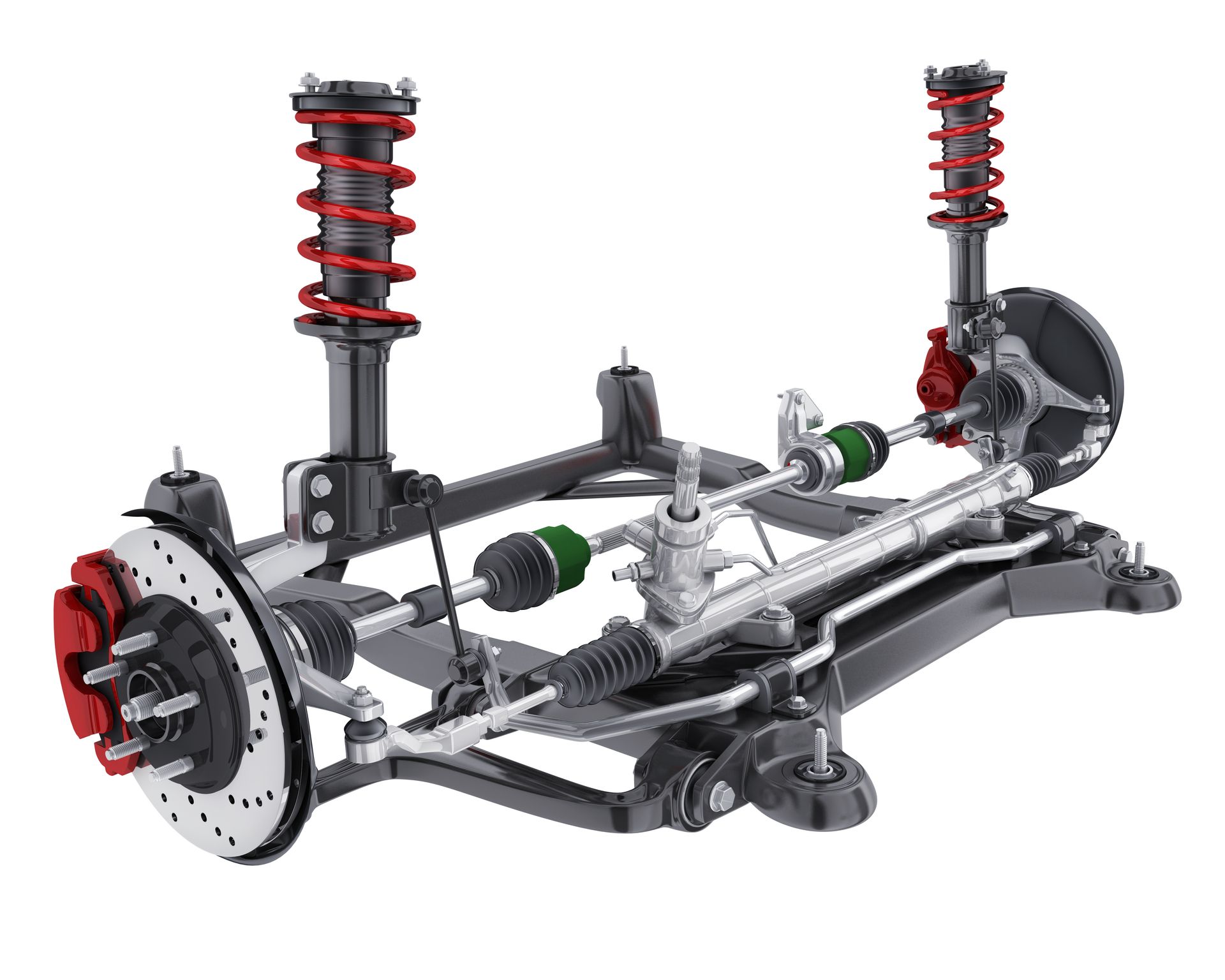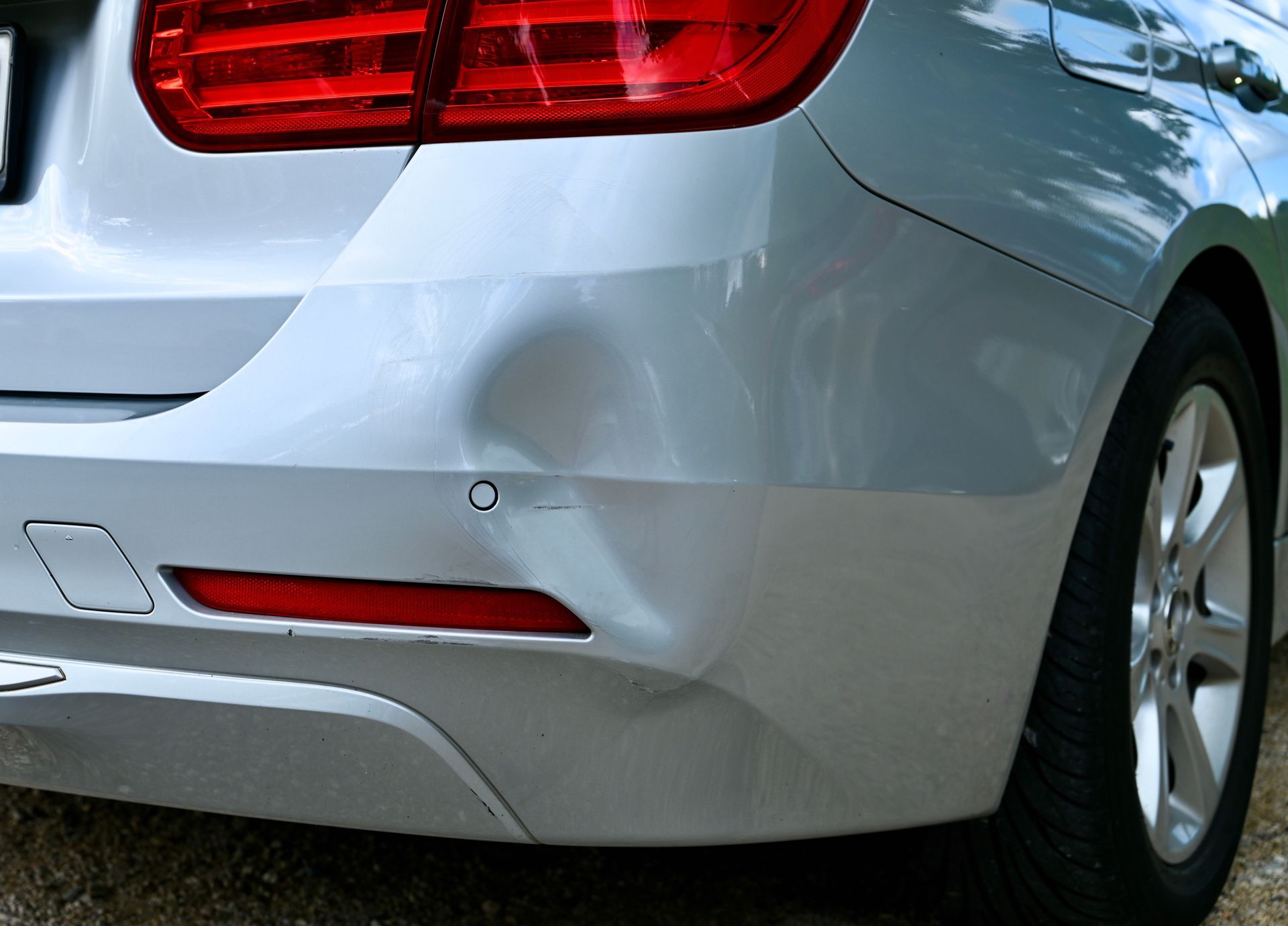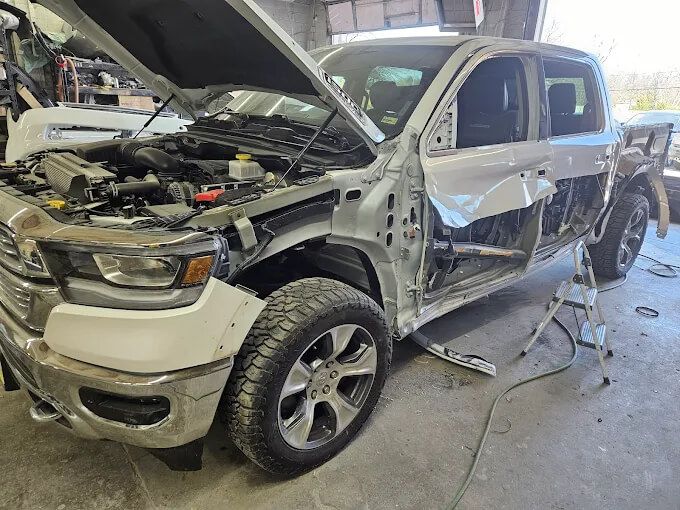We all know driving requires focus and quick decision-making, but these days, staying fully attentive behind the wheel is harder than ever. With the constant temptation of our phones, in-car technology, and other distractions, it’s easy to lose concentration, even if only for a few seconds. Unfortunately, those moments of distraction can have serious, even deadly consequences. But why is distracted driving so dangerous? Let’s explore the risks and the impact of driving without full attention.
What Is Distracted Driving
Distracted driving refers to any activity that diverts your attention from driving. It’s not just about texting while driving — though that’s one of the most common forms of distraction. Anything that takes your eyes off the road, your hands off the wheel, or your mind off driving can be classified as distracted driving.
Some common distractions include:
- Texting or using your phone
- Eating or drinking
- Adjusting the radio or GPS
- Talking to passengers
- Daydreaming or thinking about something else
Each of these distractions may seem harmless on their own, but they have the potential to significantly impair your driving ability. Even a momentary lapse can reduce your reaction time or cause you to miss something important, like a stop sign or a pedestrian crossing.
The Three Types of Distraction
Not all distractions are the same. They generally fall into three categories, each affecting your driving in different ways:
Visual Distractions
These are anything that takes your eyes off the road. Glancing down at your phone, reading a message, or looking for something in the car falls into this category. Even looking at your GPS for a second too long can be enough to cause an accident.
Manual Distractions
These involve taking your hands off the steering wheel. Whether you’re reaching for your coffee, adjusting your seat, or turning a dial, manual distractions make it harder to react quickly to sudden hazards on the road.
Cognitive Distractions
These occur when your mind isn’t focused on driving. You might still have your eyes on the road and your hands on the wheel, but if you’re thinking about work, personal issues, or anything else, your ability to react can be diminished. Mental distractions can be just as dangerous as visual or manual distractions, as they affect your decision-making.
Why Is Distracted Driving So Dangerous?
Distracted driving is dangerous because it delays reaction times, reduces awareness, and increases the chances of missing important signals. Let’s break it down a bit more:
Delayed Reaction Time
When you’re distracted, you’re slower to react to changes in traffic, sudden stops, or unexpected hazards. If you’re not paying full attention, by the time you realize you need to brake or swerve, it could be too late to avoid a collision.
Reduced Situational Awareness
Safe driving requires constantly scanning the road, being aware of your surroundings, and anticipating what other drivers might do. Distractions prevent you from noticing potential dangers, like a car veering into your lane or a pedestrian stepping into the street.
Impaired Decision-Making
Distraction can also cloud your judgment. When your focus is divided, you’re more likely to make poor decisions — like speeding through a yellow light or changing lanes without checking your blind spot.
How to Avoid Distracted Driving
While distractions are everywhere, staying safe behind the wheel is all about developing good habits. Here are some practical tips to minimize distractions while driving:
- Put your phone away: Turn off notifications or place your phone out of reach to reduce the temptation to check it. If you need to use your phone for navigation, set your destination before starting your drive.
- Plan your route in advance: This way, you won’t have to adjust your GPS or figure out directions while driving.
- Set up your car before you start driving: Adjust your seat, mirrors, and climate control before putting the car in gear.
- Avoid multitasking: Eating, drinking, or doing other tasks while driving is a recipe for disaster. Keep your focus on the road, and save everything else for when you’re parked.
- Take breaks on long trips: If you’re feeling tired or your mind is wandering, pull over for a break. Staying alert is essential for safe driving.
Concerned about your car’s performance? Book an appointment at
F & M Automotive Body & Repair for a comprehensive inspection. A well-maintained car helps you avoid distractions on the road.












